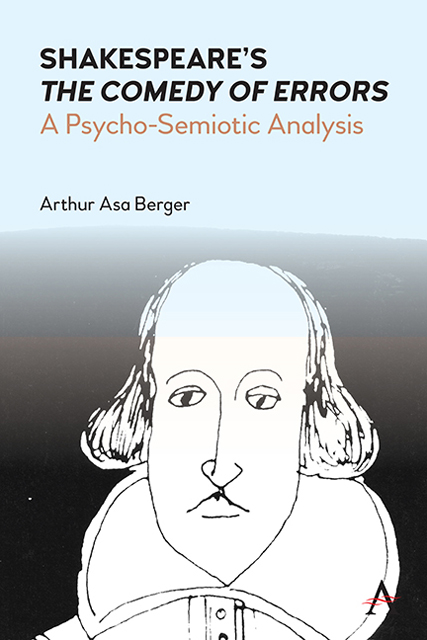2 - Theories of Humor
Published online by Cambridge University Press: 10 January 2023
Summary
I distinguish between why people laugh and what makes people laugh. They are different matters. Nobody knows why we laugh, though over the millennia, philosophers, psychologists, sages and theorists of one kind or another have tried to answer this question. Aristotle suggested, for example, that we laugh at people made ridiculous, which suggests that superiority is the reason why we laugh. Other philosophers have suggested that incongruity is the basis of all humor; we expect something and get something else. You find this in the punch lines of jokes. Freud and many psychoanalytically inclined scholars suggest that masked aggression is the basis of humor. Gregory Bateson and others like him have argued that humor involves cognition and various forms of processing communication and meta-communications to generate humor. There are endless theories on why people laugh, but no general agreement on the matter, though I would say that incongruity theories tend to be dominant.
Why We Laugh
Humor is a subject that has attracted the attention and interest of some of our greatest minds, from Aristotle and Kant to Bergson and Freud. Humor has fascinated psychologists, sociologists, philosophers, linguists and many other kinds of scholars and thinkers. It has also fascinated and played an important part in the work of our greatest writers, such as Cervantes, Shakespeare, Moliere, Swift and Twain. One could cite many others. Yet, curiously, after thousands of years spent trying to understand humor, there is still a great deal of controversy about what humor is, what humor does, and why something is funny. On Google, under “Humor Theory,” we find 19,500,000 results and on Amazon .c om books we find over 10,000 books. (Accessed 10/20/2021).
There are, however, some important theories on this matter which I would like to discuss here. I will start with superiority theories.
Aristotle and Superiority Theories of Comedy
For Aristotle, comedy (and I will use the terms humor and comedy interchangeably, though comedy is, technically speaking, a literary form) is based on “an imitation of men worse than the average,” of people who are “ridiculous.” Hobbes, in a classic formulation, carried the same idea a bit further.
- Type
- Chapter
- Information
- Shakespeare’s The Comedy of ErrorsA Psycho-Semiotic Analysis, pp. 5 - 14Publisher: Anthem PressPrint publication year: 2022

